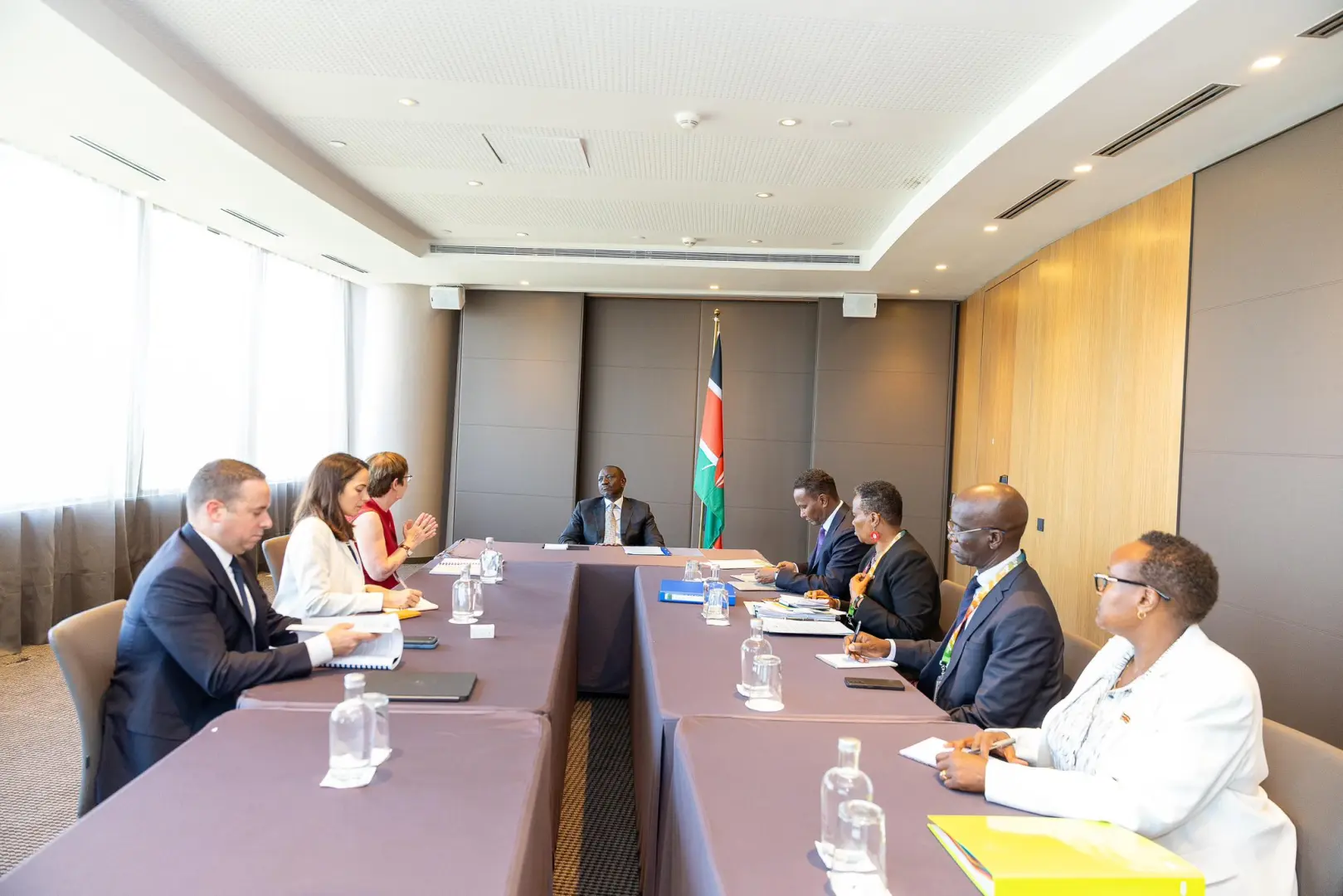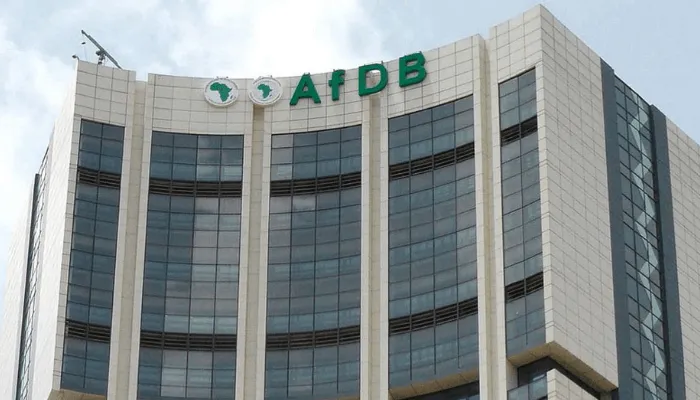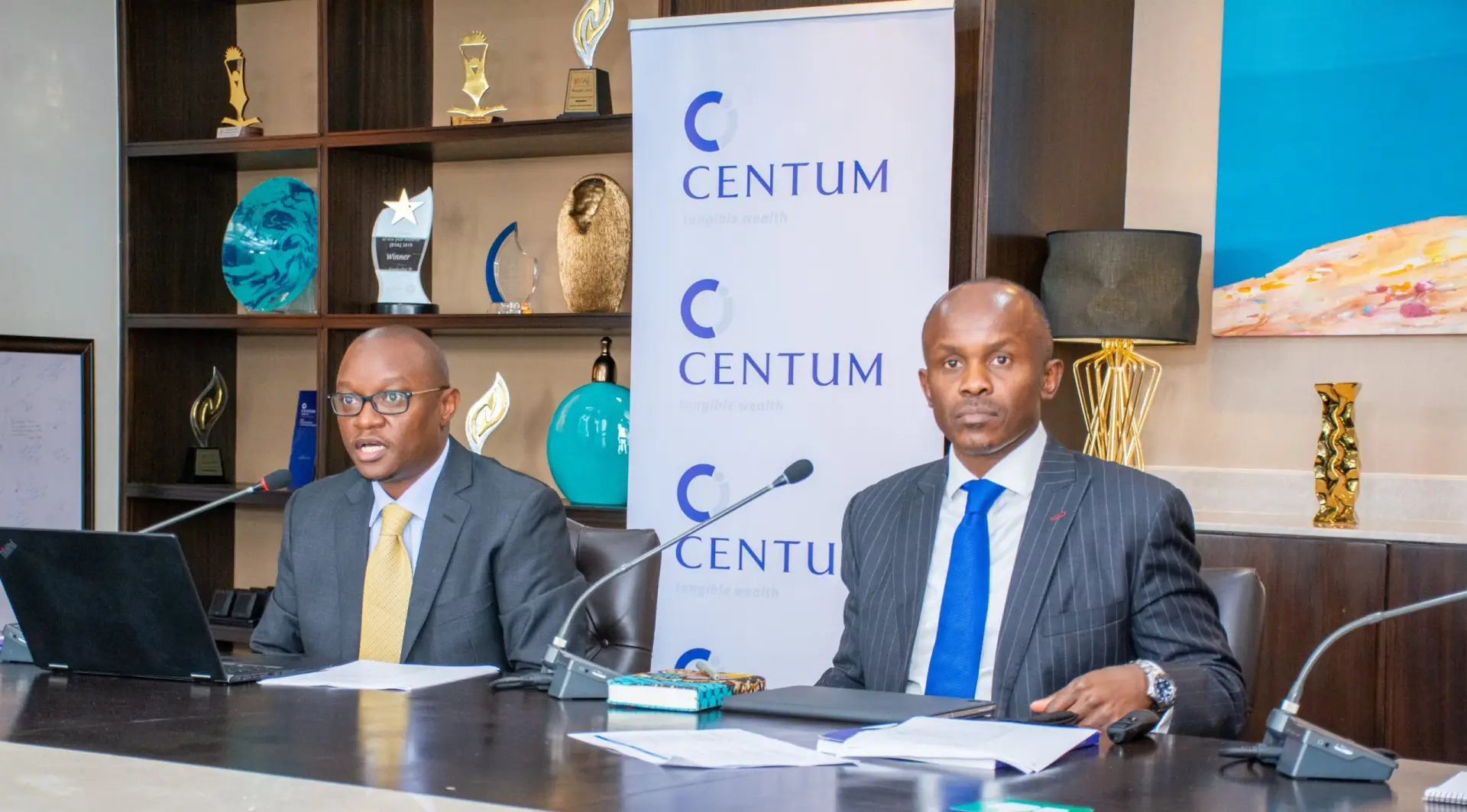In a significant move to enhance agricultural production, trade, and finance, Nigeria and Belgium are set to deepen their collaboration, with a particular focus on leveraging the agricultural potential of Ibadanland. This partnership comes at a crucial time as Nigeria seeks to diversify its economy, reduce dependence on oil, and boost food security, while Belgium aims to expand its investments in Africa.
Belgium’s Strategic Interest in Nigerian Agriculture
During a courtesy visit to the Olubadan of Ibadanland, Oba Owolabi Olakulehin, the Belgian Ambassador to Nigeria, Pieter Leenknegt, expressed Belgium’s keen interest in tapping into the rich agricultural resources of the region. The visit underscored Belgium’s commitment to fostering bilateral relations that extend beyond traditional sectors, with a renewed focus on agriculture—a sector that holds immense potential for both nations.
Ambassador Leenknegt highlighted that his visit was not just a diplomatic gesture but a strategic initiative aimed at enhancing agricultural production, trade, and finance between the two countries. “We have spent some days at the International Institute of Tropical Agriculture (IITA), and agriculture is one of the areas we are working on, which aligns with the agenda of the current administration in Nigeria,” Leenknegt stated. He emphasized Belgium’s interest in boosting cocoa production in Nigeria, particularly in Oyo State, which has historically been a major producer of cocoa.
Ibadan’s Agricultural Potential: A Key Attraction
Ibadan, one of the largest cities in Africa, is well-known for its vast arable land, which is suitable for large-scale agricultural production. The Olubadan of Ibadanland, Oba Owolabi Olakulehin, through his representative, Otun Balogun of Ibadanland, Oba Tajudeen Ajibola, welcomed the Belgian delegation and highlighted the immense agricultural potential of the region. He pointed out that areas such as Egbeda, Ona Ara, Oluyole, Ido, Lagelu, and Akinyele local government areas are rich in arable land, ideal for the cultivation of various crops, including cocoa.
“Kabiesi is happy to receive you and your team this morning,” said Oba Ajibola. “Ibadan is one of the largest cities in Africa with major resources. We have vast arable land in Ibadan suitable for agricultural production on a large scale. Land is available abundantly in Oluyole, Egbeda, Ona Ara, Ido, Lagelu, and Akinyele, which are suitable for agricultural production. We want you to tap into this opportunity to boost food production, especially at this critical point in our nation.”
Boosting Cocoa Production: A Key Focus
Cocoa production has been a cornerstone of Nigeria’s agricultural exports for decades, and Ibadan, with its favorable climate and rich soil, has been at the heart of this industry. However, challenges such as outdated farming practices, lack of access to finance, and inadequate infrastructure have hindered the sector’s growth. Belgium’s interest in reviving and expanding cocoa production in Nigeria could provide a much-needed boost to the industry.
Ambassador Leenknegt’s visit to the Cocoa Research Institute of Nigeria (CRIN) in Ibadan further underscored Belgium’s commitment to this cause. CRIN, established in 1964, has been instrumental in researching and developing improved cocoa varieties, pest control methods, and better farming techniques. By collaborating with CRIN and other local institutions, Belgium aims to introduce modern agricultural technologies and practices that could significantly enhance cocoa yields and quality.
The partnership also holds the promise of increasing Nigeria’s share in the global cocoa market, which has been dominated by countries like Côte d’Ivoire and Ghana. By improving productivity and processing capabilities, Nigeria could position itself as a major player in the international cocoa industry, benefiting not only farmers but also the broader economy.
Enhancing Trade and Finance
Beyond boosting agricultural production, the collaboration between Nigeria and Belgium is expected to enhance trade and finance between the two countries. Agriculture is a critical sector in Nigeria, contributing approximately 24% to the nation’s Gross Domestic Product (GDP) and employing over 70% of the workforce. However, the sector faces significant challenges, including limited access to credit, inadequate infrastructure, and low levels of mechanization.
Belgium’s involvement could help address some of these challenges by providing much-needed investment, technology, and expertise. The introduction of modern farming techniques, better access to finance for farmers, and improved infrastructure could transform the agricultural landscape in Nigeria, making it more competitive and sustainable.
The Belgian Ambassador’s visit also signals a broader interest in strengthening economic ties between the two nations. Belgium, a key player in the European Union, has a well-developed agricultural sector and a robust food processing industry. By partnering with Nigeria, Belgium could tap into the country’s vast agricultural potential, while Nigeria could benefit from Belgium’s advanced technologies, expertise, and access to European markets.
A Win-Win Partnership
The partnership between Nigeria and Belgium is a win-win for both countries. For Nigeria, the collaboration offers an opportunity to revitalize its agricultural sector, create jobs, and increase exports. For Belgium, it provides access to new markets and opportunities for investment in a country with significant growth potential.
Furthermore, the collaboration aligns with Nigeria’s broader economic diversification strategy, which seeks to reduce dependence on oil and develop other sectors of the economy. Agriculture, with its potential to generate employment, increase foreign exchange earnings, and ensure food security, is central to this strategy.
Looking Ahead
As Nigeria and Belgium work together to enhance agricultural production, trade, and finance, the focus will likely be on creating sustainable and inclusive growth. This will involve not only increasing production but also ensuring that the benefits of growth are widely shared, particularly among smallholder farmers who make up the majority of the agricultural workforce in Nigeria.
The success of this partnership will depend on several factors, including the effective implementation of policies, the provision of adequate infrastructure, and the involvement of local communities in decision-making processes. It will also require continuous dialogue and collaboration between the two countries to address challenges and seize opportunities as they arise.
The presence of key members of the Olubadan-in-Council, including Oba Tajudeen Ajibola, Osi Olubadan Oba Eddy Oyewole-Foko, Asipa Olubadan Oba Abiodun Kola-Daisi, and others, at the event underscores the importance of this partnership to the local community. Their support and involvement will be crucial in ensuring the success of the initiatives that emerge from this collaboration.
In conclusion, the visit of the Belgian Ambassador to Nigeria marks the beginning of a new chapter in the relationship between the two countries. By focusing on agriculture, a sector that is vital to Nigeria’s economy and to the well-being of its people, the partnership has the potential to yield significant benefits for both nations. As Nigeria continues to seek ways to diversify its economy and achieve sustainable development, collaborations like this one will play a key role in shaping the country’s future.
photo source: Google
By: Montel Kamau
Serrari Financial Analyst
29th August, 2024
Article, Financial and News Disclaimer
The Value of a Financial Advisor
While this article offers valuable insights, it is essential to recognize that personal finance can be highly complex and unique to each individual. A financial advisor provides professional expertise and personalized guidance to help you make well-informed decisions tailored to your specific circumstances and goals.
Beyond offering knowledge, a financial advisor serves as a trusted partner to help you stay disciplined, avoid common pitfalls, and remain focused on your long-term objectives. Their perspective and experience can complement your own efforts, enhancing your financial well-being and ensuring a more confident approach to managing your finances.
Disclaimer: This article is for informational purposes only and does not constitute financial advice. Readers are encouraged to consult a licensed financial advisor to obtain guidance specific to their financial situation.
Article and News Disclaimer
The information provided on www.serrarigroup.com is for general informational purposes only. While we strive to keep the information up to date and accurate, we make no representations or warranties of any kind, express or implied, about the completeness, accuracy, reliability, suitability, or availability with respect to the website or the information, products, services, or related graphics contained on the website for any purpose. Any reliance you place on such information is therefore strictly at your own risk.
www.serrarigroup.com is not responsible for any errors or omissions, or for the results obtained from the use of this information. All information on the website is provided on an as-is basis, with no guarantee of completeness, accuracy, timeliness, or of the results obtained from the use of this information, and without warranty of any kind, express or implied, including but not limited to warranties of performance, merchantability, and fitness for a particular purpose.
In no event will www.serrarigroup.com be liable to you or anyone else for any decision made or action taken in reliance on the information provided on the website or for any consequential, special, or similar damages, even if advised of the possibility of such damages.
The articles, news, and information presented on www.serrarigroup.com reflect the opinions of the respective authors and contributors and do not necessarily represent the views of the website or its management. Any views or opinions expressed are solely those of the individual authors and do not represent the website's views or opinions as a whole.
The content on www.serrarigroup.com may include links to external websites, which are provided for convenience and informational purposes only. We have no control over the nature, content, and availability of those sites. The inclusion of any links does not necessarily imply a recommendation or endorsement of the views expressed within them.
Every effort is made to keep the website up and running smoothly. However, www.serrarigroup.com takes no responsibility for, and will not be liable for, the website being temporarily unavailable due to technical issues beyond our control.
Please note that laws, regulations, and information can change rapidly, and we advise you to conduct further research and seek professional advice when necessary.
By using www.serrarigroup.com, you agree to this disclaimer and its terms. If you do not agree with this disclaimer, please do not use the website.
www.serrarigroup.com, reserves the right to update, modify, or remove any part of this disclaimer without prior notice. It is your responsibility to review this disclaimer periodically for changes.
Serrari Group 2025





